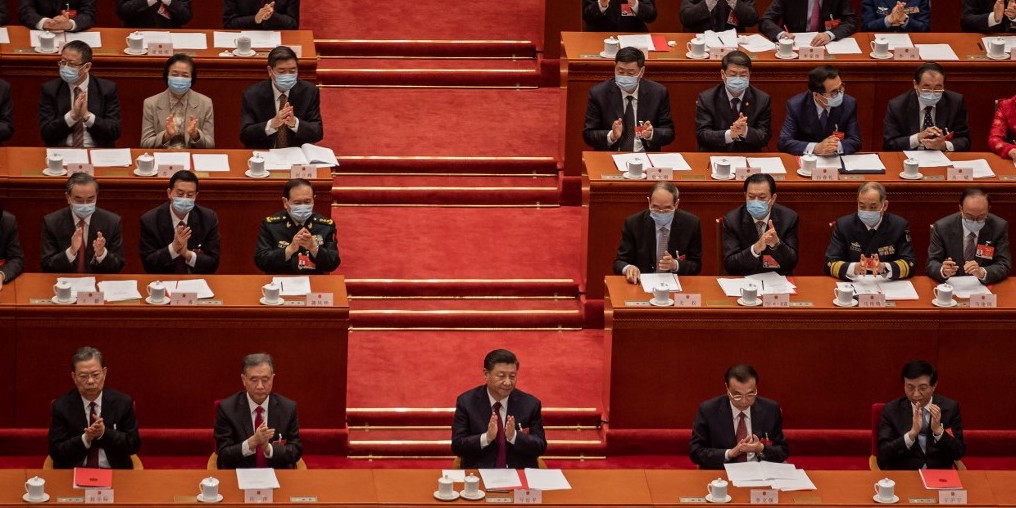Popular Reads
Top Results
Can't find what you're looking for?
View all search resultsPopular Reads
Top Results
Can't find what you're looking for?
View all search resultsChina's three-child policy unlikely to boost birthrate: Moody's
China announced on May 31 that married couples may have up to three children in a major shift from a limit of two after recent data showed a dramatic decline in births in the world's most populous country.
Change text size
Gift Premium Articles
to Anyone
A
new Chinese policy allowing couples to have up to three children could support fertility but was unlikely to dramatically change its birthrate, rating agency Moody's Investors Service said on Monday.
China announced on May 31 that married couples may have up to three children in a major shift from a limit of two after recent data showed a dramatic decline in births in the world's most populous country.
Moody's said the reform highlighted the risk of aging across emerging markets in Asia.
"Although China's new policy allowing couples to have up to three children could support fertility, it is unlikely to dramatically change the national birthrate, meaning that aging will remain a credit-negative constraint", Moody's said.
Shares in birth- and fertility-related companies listed in Hong Kong and mainland China fell after the Moody's statement.
The decision to allow families to have up to three children was met with scepticism in China, with people expressing doubts on social media as to whether it would make much difference, and calls for details on what promised "supportive measures" would be available.
China scrapped its decades-old one-child policy in 2016, replacing it with a two-child limit to try to avoid the risks to its economy from a rapidly aging population.
But that failed to result in a sustained surge in births given the high cost of raising children, especially in cities.










